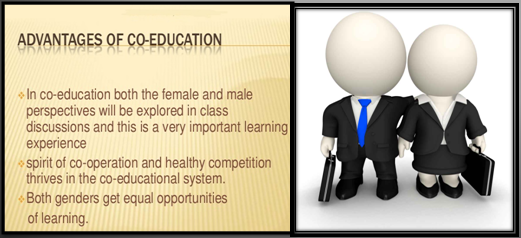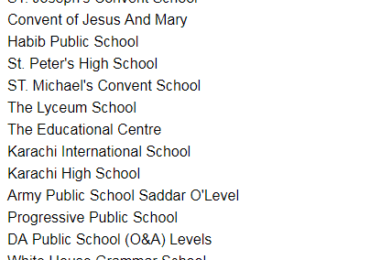Co-Education in Pakistan: Pros and Cons
Co-education, where boys and girls study together in the same school, is a topic with both supporters and critics. Some people believe that boys and girls should be educated separately, but there are both advantages and disadvantages to co-education.
Advantages of Co-Education:
- Cost-Effective: Co-education is often more economical because it avoids the need for separate schools, libraries, and labs for boys and girls. This reduces the overall cost of education.
- Enhanced Confidence: Studying together helps both boys and girls build confidence. They learn to interact with each other and develop a healthy competitive spirit, which can boost their academic performance.
- Better Understanding of Genders: Co-education fosters a clearer understanding between genders. It creates a balanced environment where both boys and girls learn to work and collaborate together.
Disadvantages of Co-Education:
- Reduced Confidence: Some students may feel shy or uncomfortable participating in class discussions due to the mixed-gender environment. This can affect their overall confidence and involvement in school activities.
- Unnecessary Closures: Co-education might lead to inappropriate relationships between boys and girls, which can be seen as harmful to societal norms. Studies from other countries suggest that single-gender education can sometimes produce better results.
Debate on Co-Education:
To make co-education work effectively, it’s important to create a supportive and respectful environment. Healthy competition between boys and girls can lead to personal growth and development. If managed well, co-education can be a positive and productive part of the educational system.
If you have thoughts or experiences about co-education, feel free to share them!




